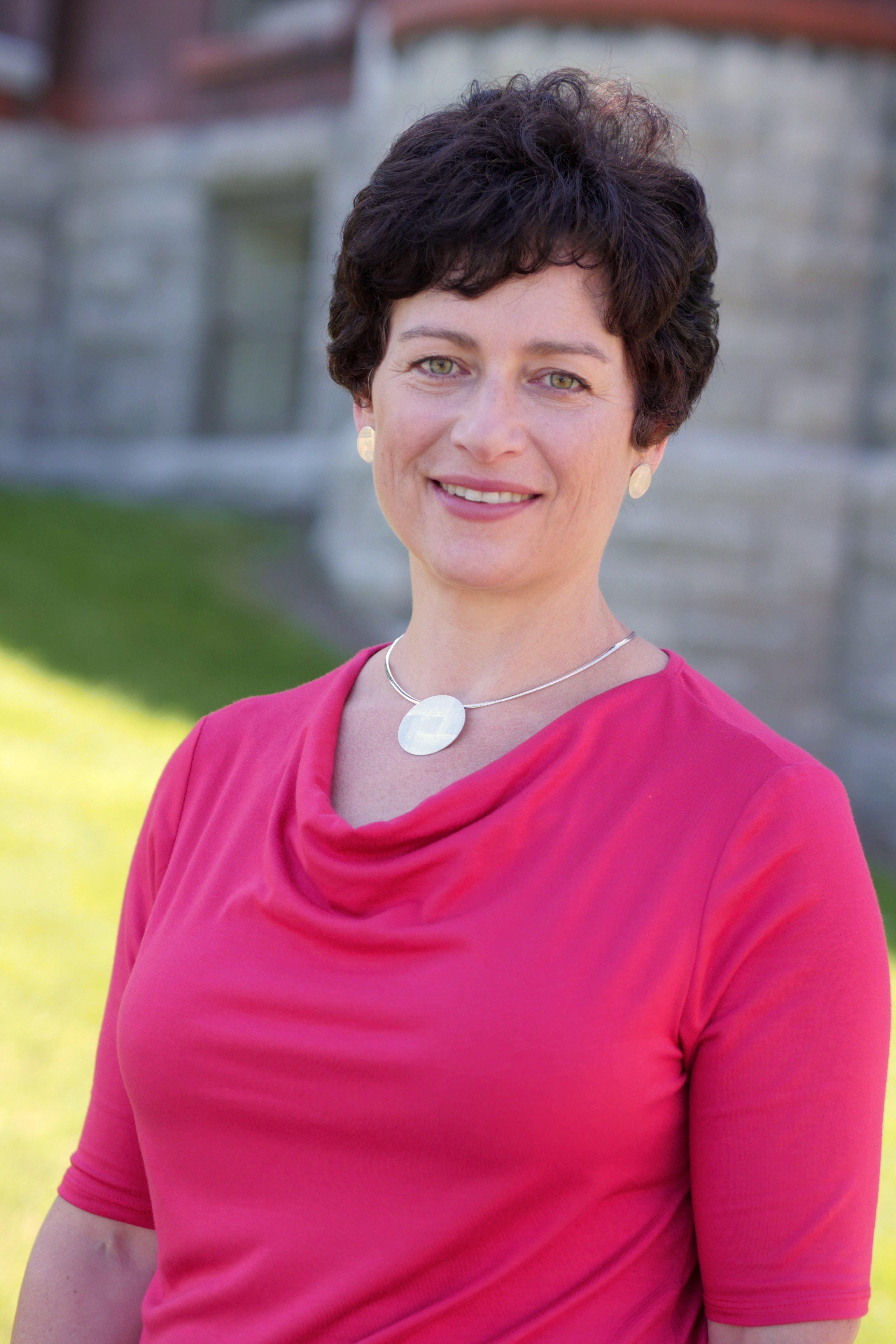Vivian May Appointed Director of Syracuse University Humanities Center
Women’s studies professor understands ‘visionary, strategic leadership,’ says A&S dean

The Syracuse University Humanities Center in the College of Arts and Sciences (A&S) has a new director.
Vivian May, associate professor and chair of Women’s & Gender Studies (WGS), will take the helm of the Humanities Center on July 1, 2015. She succeeds interim director Gerald R. Greenberg, who also serves as senior associate dean of A&S.
Founded in 2008 in the historic Tolley Building, the Humanities Center is home to a variety of campus-wide projects and initiatives, including Syracuse Symposium, the Jeanette K. Watson Distinguished Visiting Professorship, and a Mini-Seminar series. The center also provides fellowship opportunities for faculty funded by both A&S and the Maxwell School of Citizenship and Public Affairs, as well as support for postdoctoral fellows and dissertation fellowships, funded by A&S.
“We’re marking a new chapter in the life of the humanities at Syracuse,” says Karin Ruhlandt, dean of A&S and distinguished professor of chemistry. “Professor May has a proven track record in research, teaching, and service to the profession. She also is a gifted administrator, with a deep understanding of visionary and strategic leadership. I am confident she will take the Humanities Center to the next level of success.”
May’s appointment comes on the heels of a lengthy search, after Gregg Lambert, Dean’s Professor of the Humanities, stepped down as founding director of the Humanities Center to focus solely on leading the Central New York Humanities Corridor. Subsequently, Greenberg and Dympna Callaghan, the latter of whom is the William Safire Professor of Modern Letters, have served stints as the center’s interim director.
May commends the contributions of Lambert, Greenberg, and Callaghan, calling them “incredible leaders” who have provided a foundation for growth. “I am extremely honored to take on this role,” says May, a longtime member and former chair of the University’s Humanities Council. “The opportunity to work collaboratively with a wide range of humanities constituencies is exciting. My goal is to ensure that the Humanities Center continues to foster vibrant intellectual engagement, as well as robust and meaningful research, for which it is nationally known.”
May has strong ties to the Humanities Center, as evidenced by her involvement with the center’s Faculty Advisory Board and with many of the center’s academic and planning committees. She says her background in women’s studies—particularly Black feminist thought, feminist philosophy, African American literature, and intersectionality—shapes her inclusive approach to the humanities, and makes her well-suited to the “practical side” of the center, regarded as a hub of research and programming.
“Much of what I do lies at the nexus of philosophical, literary, and historical traditions,” says May, who also is president of the National Women’s Studies Association. “I understand what goes into facilitating collaborative programming, forging shared visions across disciplinary and interdisciplinary boundaries, and developing governance structures that bridge diverse constituencies and approaches.”
May is the author of Pursuing Intersectionality, Unsettling Dominant Imaginaries (2015) and Anna Julia Cooper, Visionary Black Feminist: A Critical Introduction (2007), both published by Routledge. She has been recognized with the University’s Meredith Teaching Recognition Award and the LGBT Center’s Social Justice Recognition Award, and is one of the nation’s first recipients of a Ph.D. in women’s studies, which she earned from Emory University.
